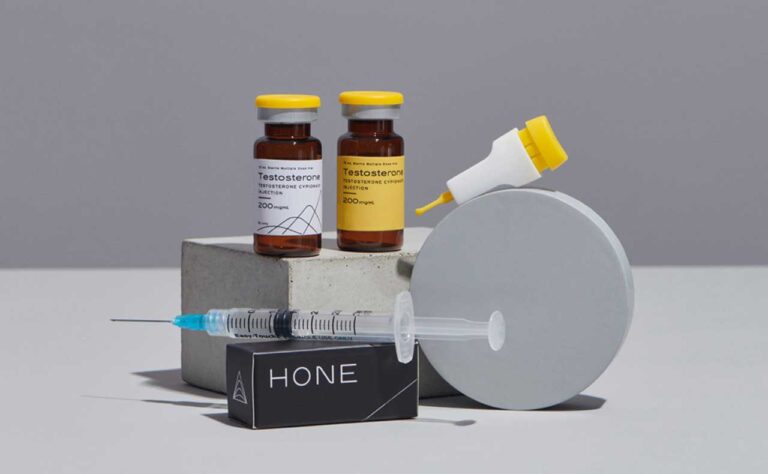What Does IOP Stand for in Mental Health – A Detailed Overview!
Understanding IOP in Mental Health Care
IOP in mental health stands for Intensive Outpatient Program. It is a structured form of treatment designed for individuals who require more support than traditional outpatient therapy but do not need full-time inpatient care. IOPs bridge the gap between residential treatment and standard outpatient services, providing a flexible yet intensive approach.
Purpose of an Intensive Outpatient Program
The primary goal of an IOP is to help individuals manage mental health challenges, develop coping strategies, and transition to a healthier lifestyle while maintaining daily responsibilities. These programs often serve people dealing with depression, anxiety disorders, PTSD, substance abuse, or other behavioral health conditions.
How IOP Differs from Other Mental Health Treatments
- Compared to Inpatient Care: IOPs allow patients to live at home, giving them the chance to practice skills in real-life situations.
- Compared to Standard Outpatient Care: IOPs involve more frequent sessions, often multiple times a week, with longer duration.
Key Components of an IOP
- Therapy Sessions: Both individual and group therapy to address emotional and behavioral issues.
- Skill-Building: Focus on communication, stress management, and relapse prevention.
- Medication Management: For individuals who require pharmacological support.
- Peer Support: Encouraging community and shared experiences among participants.
Benefits of Participating in an IOP

- Flexibility to maintain work, school, or family life
- Access to professional support and guidance
- Structured environment for recovery
- Strong peer network to prevent isolation
FAQs
1. How long does an IOP usually last?
Typically, IOPs last between 6 to 12 weeks, depending on the individual’s needs.
2. Who can benefit from an IOP?
Anyone experiencing moderate to severe mental health symptoms who needs more support than weekly therapy but doesn’t require inpatient care.
3. How many hours per week is an IOP?
Most programs run 9–15 hours per week, split into multiple sessions.
4. Is an IOP covered by insurance?
Many insurance providers, including Medicaid and private insurers, cover IOP services.
5. Can I work while attending an IOP?
Yes, IOPs are designed to accommodate work and personal schedules.
Conclusion
An Intensive Outpatient Program (IOP) is an effective treatment option for individuals seeking structured mental health care without the need for full hospitalization. By offering intensive therapy and support while allowing participants to live at home, IOPs provide a balanced path toward mental and emotional recovery.






